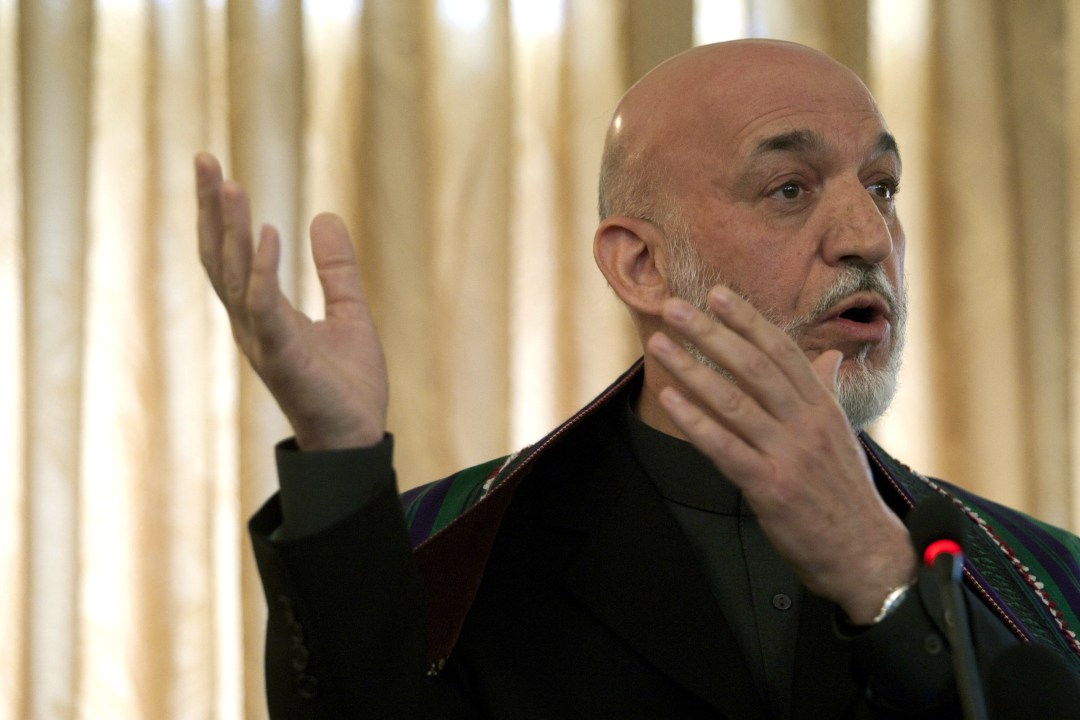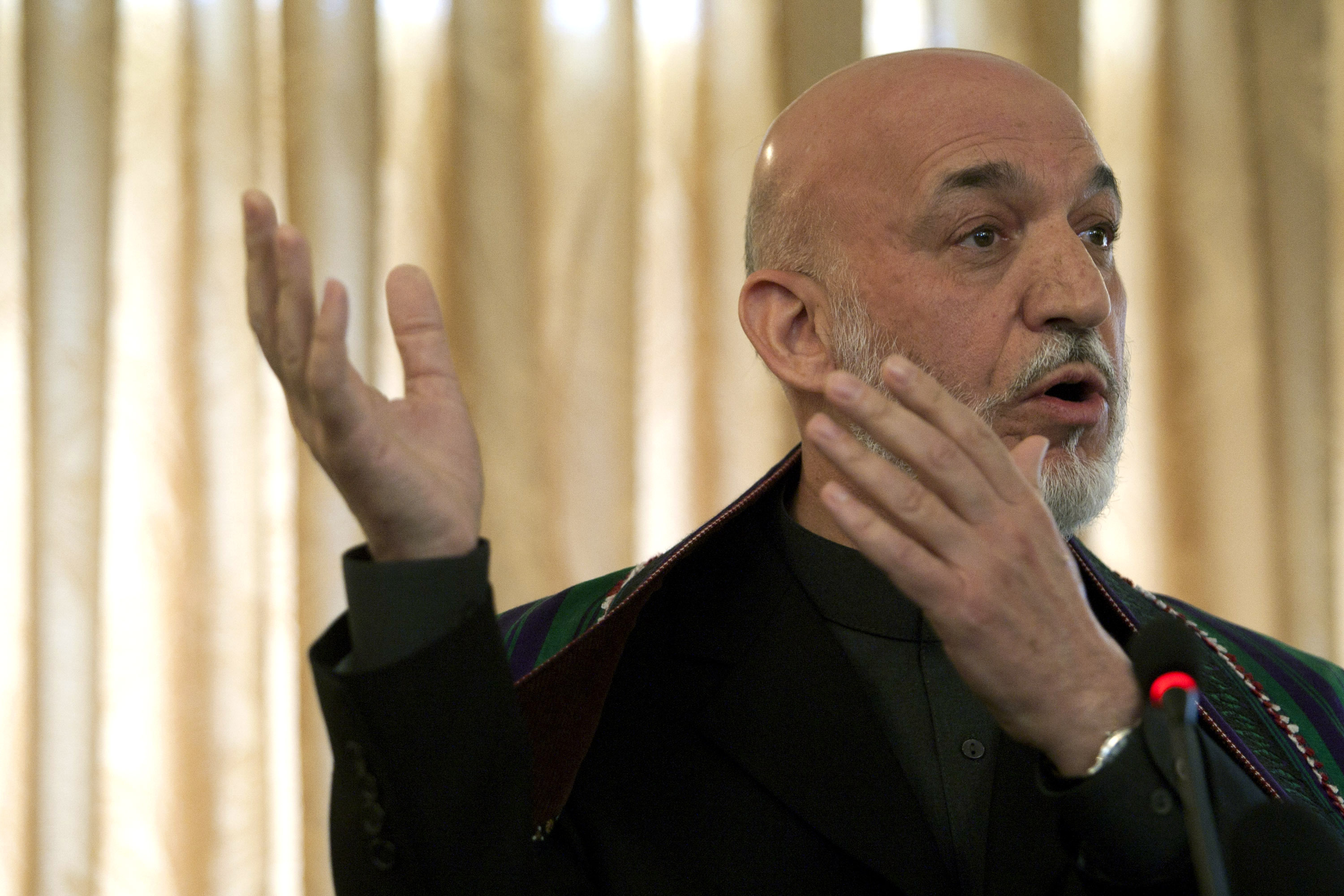 William Hague told the Foreign Affairs Select
Committee that British combat troops will leave Afghanistan in 2015 – even if parts of the country remain violent.
William Hague told the Foreign Affairs Select
Committee that British combat troops will leave Afghanistan in 2015 – even if parts of the country remain violent.
Speaking to a number of senior military officers and civilians who have recently returned from Kabul and Helmand, I have come away with the clear sense – whisper it – that the tactical tide is in fact turning against the Taliban insurgency but that a number of facts will complicate further progress.
First, the next few months in Helmand may unfortunately be quite bloody. The drop in British casualties over the summer has made the story disappear from the newspaper headlines but most military commanders I have spoken to, up and down the chain, worry that there is a more bloodshed to come in the next six months.
Second, while progress has taken place in Helmand – from an ill-prepared, poorly-led and under-resourced campaign – it will be difficult to sustain the progress achieved into the long-term and to make similar progress elsewhere in the country. Governance-wise, Helmand is now a small oasis in a desert of maladministration.
Third, the UK effort in Helmand, indeed throughout the country, is a very small part of the overall US-led campaign. Not a negligible effort – but a small one. And the UK focus on Helmand – particularly that of the politicians and the media – has given the public an unrealistic sense of the importance of Helmand Province.
Fourth, a combination of David Petraeus’s arrival in Kabul, and the Republican victory in the US mid-term elections has meant that any withdrawal, at least of US forces, has been pushed back. This will set the US further at odds with other NATO allies who are keen to leave as quickly as possible.
Fifth, Hamid Karzai has decided that NATO is losing and that the international strategy is not working – and, as Ahmed Rashid recently wrote in The Spectator, he is making accommodations accordingly. Rumours suggest that during the recent Foreign Affairs Select Committee visit to Kabul, the Afghan president sounded distinctly out of tune with his international helpmates. He has now begun voicing his view, saying to the Washington Post that all military operations in his country should be reduced.
As leaders prepare to meet in Lisbon for the NATO Summit these five issues should worry the Prime Minister greatly if he hopes, like his foreign secretary, for a 2015 exit of British combat troops.







Comments